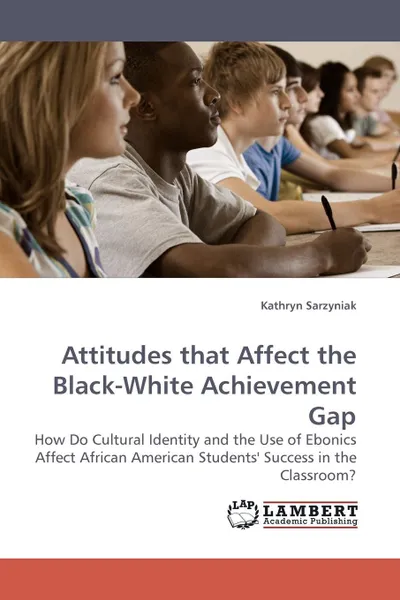Attitudes That Affect the Black-White Achievement Gap 12+
Автор: Kathryn Sarzyniak,
Sarzyniak Kathryn
2009
60 страниц
Категория: Психология
ISBN: 9783838307176
Язык: Английский
📙 This book researches the achievement gap between Black and white students and theorizes that Black students associate scholastic achievement with 'acting white' or 'selling out' African American culture. This claim is evidenced with research that focuses on academic salience, academic futility, and racial identity. The historical and educational background as well as coping strategies of African Americans are explored to determine the origin and explanations for this sentiment. Furthermore, this book considers the implications of Ebonics, African American students' dialect, in the classroom. Code-switching is noted as a means of effectively making conscious decisions about what form of language is appropriate in varying contexts. Lastly, culturally relevant teaching strategies which involve students in code-switching, literary analysis, and critical thinking are shared. These strategies offer insights on how to alter African American students' perceptions about academic success and enable students to embrace learning as a rich part of their cultural identity and a necessary step for their future.
Мнения
